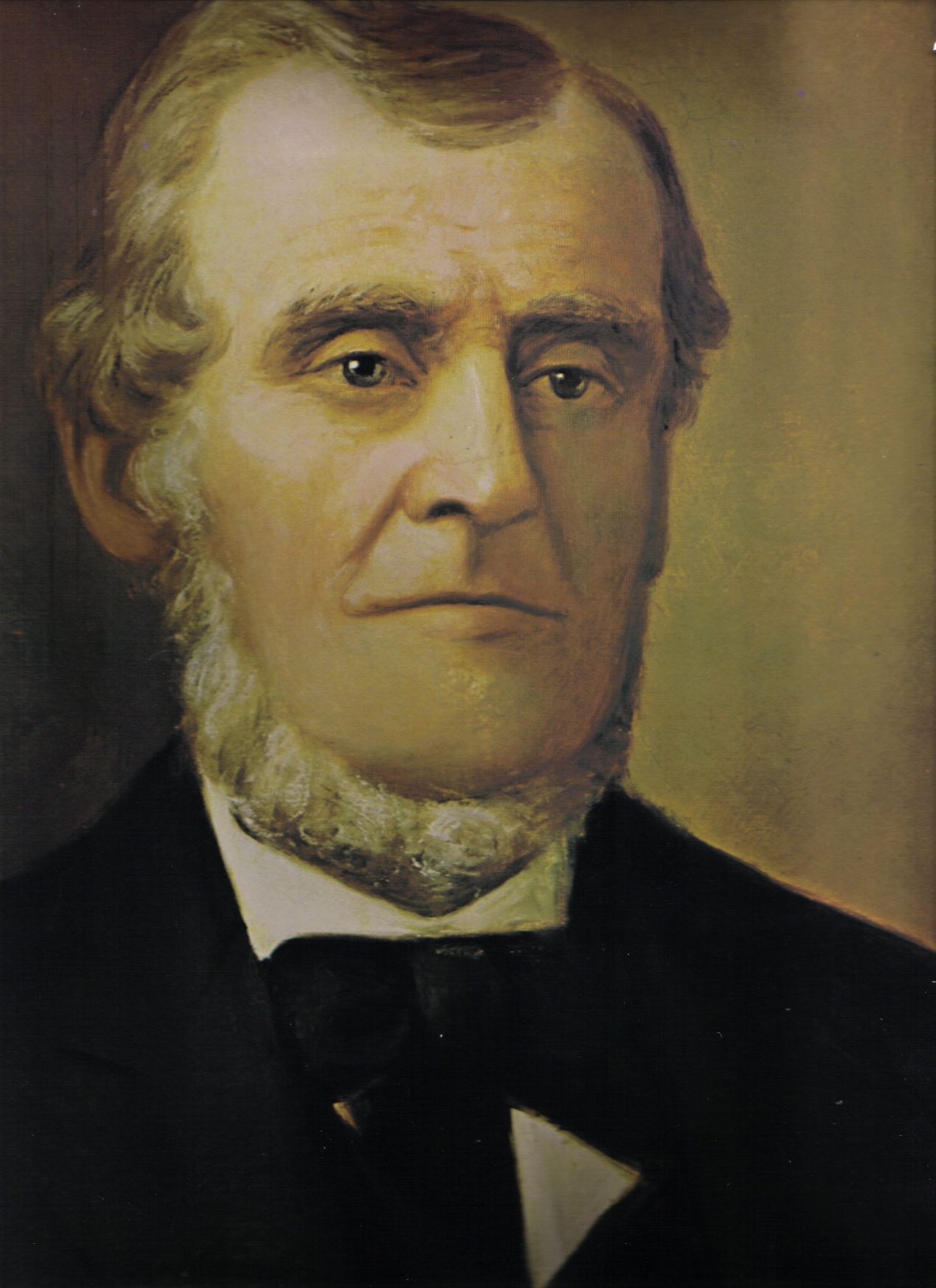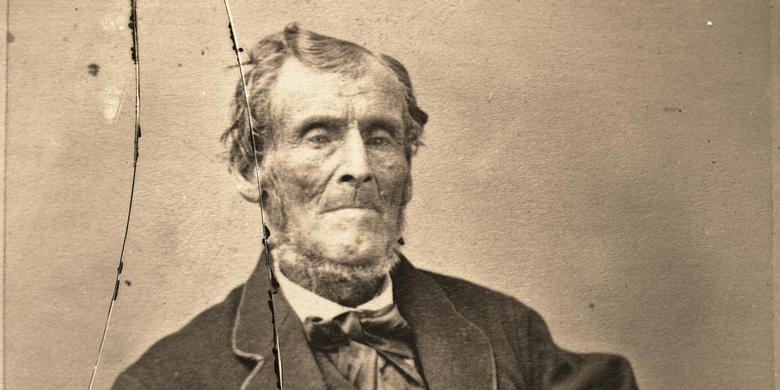 |
| Martin Harris Painting by Lewis A Ramsey Source: Wikimedia Commons |
I have heard certain LDS church history stories told so many
times that I tend to stop paying attention whenever they come up. The story of Martin Harris and the lost 116
pages is one of these. The story
begins, and half my brain goes to sleep.
Even just half awake, though, something bugged me about this story: what
was Martin Harris thinking? I mean,
if I were friends with the Prophet, and had a testimony that the man was indeed
a prophet of God, and if that friend and prophet told me that something I
wanted to do was a bad idea, I’d drop the whole plan. I could never figure out where Martin Harris
was coming from.
The church history section of lds.org has a series of essays
called Revelations in Context, one of
which is The Contributions of Martin Harris. This essay contained an
account of the lost 116 pages story, so I was quickly scanning the essay with
half a brain. Yes, yes, I ‘ve heard this since Primary . . . the point will be don’t nag God . . .
but God is omniscient so he’s already planned a solution . . . and also God is
merciful . . . I know this part of the story . . . And then I came to an
abrupt stop because I read: “Martin and
Lucy’s relationship was already strained, and Martin’s support of Joseph Smith
caused the rift between them to deepen.”
This was a part of the story I hadn’t heard before.
It turns out that Lucy Harris initially believed that Joseph
Smith possessed the Gold Plates and wanted to help finance their translation,
but later changed her mind. From The Contributions of Martin Harris:
Though Harris came to believe quite sincerely, his wife had turned hostile. Lucy Harris was concerned, quite understandably, that Martin might take a large financial risk to help publish the book, that her peers would mock her husband’s participation in what they viewed as a fraudulent scheme, and that Martin had simply left her feelings out of his calculations. She was also stung by the way Joseph rebuffed her every attempt to see the plates, and she beleaguered Martin incessantly to see some evidence of Joseph’s ability to translate.
To ease Lucy’s disquiet, Harris asked Joseph to “enquire of the Lord through the Urim and Thummin” if he might “carry the writings home and exibit them” (Joseph Smith, History, circa 1841, fair copy, 14, Joseph Smith Papers) to his wife and others.
 |
| Another picture of Martin Harris, this one from a photograph Source: lds.org |
That was my missing piece of information, the reason I never quite understood the story. I
couldn’t understand bugging the prophet until God changed His mind, but I can
understand conflict in marriage. I could
not identify with Martin Harris before, but I can now. I don’t see Martin Harris as a fool anymore;
I see him as a man torn between his family and his faith. He had a testimony and he wanted his wife to
believe also.
Now, on to some things I’ve learned from this expanded
version of the story.
First, Faith comes
when we don’t have all the information but choose to believe anyway. Neither Lucy nor Martin got to see the gold
plates while Joseph Smith translated them.
Eventually, Martin Harris would see the plates, but Martin Harris did
not have a testimony because he saw them.
His testimony had been founded long before, when he did not seen but
chose to believe. Something similar
happens when I don’t understand something in the gospel, but choose to believe
anyway.
Second, some dating
advice for my kids. I remember YW
leaders and seminary teachers giving lots of dating advice. One piece of advice, often repeated, was
“only date members of the Church,” which always worked for about ten minutes,
when a student would point out somebody we knew who was married to a nonmember
who later converted, or who had married in the temple and later divorced. The teachers and advisors never knew quite
how to respond to this point. Now I
think I have some better advice for my children: only date people, church members or not, who respect your testimony
and honor your choices. The strain in
the Harris’ relationship didn’t come because one was a church member and one
wasn’t, or because one had a testimony and one didn’t. It was because one had a testimony and the
other tried to undermine it.
Which brings me to my third point, love thy neighbor, but love thy testimony more. In other words, as I love and serve others, I
should worry more about what the Lord thinks of my choices than what my loved
ones think of my choices. Generally,
this isn’t a problem, because keeping the first great commandment involves
keeping the second, (See Matt 22:36-39) but sometimes standing up for my beliefs
means disagreeing with people I love.
When this happens it’s really tough.
I feel bad for Lucy, worrying about what her friends would think if
Martin mortgaged the farm, and I feel bad for Martin, who must have felt caught
between love for his wife and love for God.
Strange that a small piece of information that I didn’t know
before changed my entire outlook toward a story I’ve heard for years. I’m glad I read the essay.
No comments:
Post a Comment